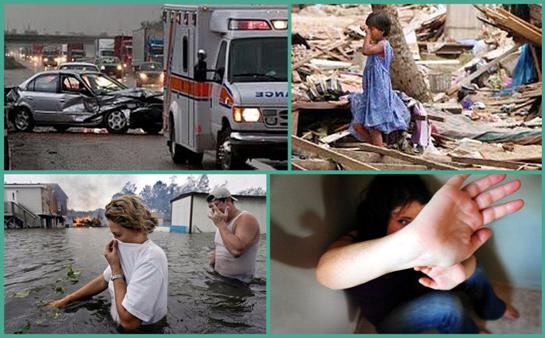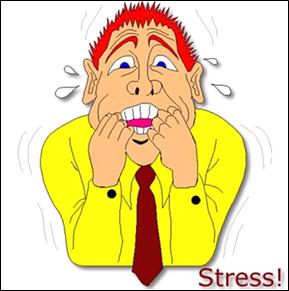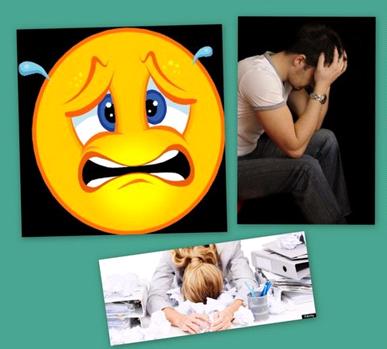Introduction
Traumatic events usually defined as experiences which are life threatening, or where there is a significant threat to one’s physical or psychological wellbeing. Someone experiencing traumatic events would be feeling helpless, vulnerable and not safe in this world.
The impact of traumatic events is not the same for everybody. It may be related to the following factors:
- That person’s mental and physical health
- Availability of support
- Past experiences
- Coping skills
Examples of the situations and events that can lead a person to experience psychological trauma:
- Interpersonal violence such as rape, suicide of family members or child abuse
- Acts of violence such as armed robbery
- Natural disaster such as earthquake or floods
- Involvement in a serious motor vehicle or workplace accident
- A humiliating experience

Symptoms of psychological trauma
|
Pscyhological and emotional symptoms of trauma
|
Physical symptoms of trauma
|
||
|
|
These symptoms typically last from a few days to a few months as the person gradually process the trauma. However, as that person is feeling better, from time to time, she or he would be troubled by the painful memories especially when there is a trigger. In a small number of people, they would develop more serious conditions such as depression, posttraumatic stress disorder, anxiety disorders or even involved in substance abuse.
 |
||
 |
Tips to recovery from psychological trauma
- Do not isolate and avoid spending too much time alone. Maintain relationship with others would help to heal.
- Talk about feelings and ask help from others when in need. Expression of your feeling is an important way to deal with trauma and to relieve from those painful emotions.
- Have a structured schedule or stick to daily routines. This would help a traumatic person stay grounded and avoid the feeling of confusion or disorientation
- Take care of your health such as get enough sleep, maintain healthy diet and avoid substance or alcohol use
- Practise relaxation techniques such as progressive muscle relaxation or doing relaxation activities such as gardening, listening to music etc. This would help your body and nervous system to settle and readjust
- Exercise regularly to maintain healthy body and mind
When to seek professional help
People that suffering from psychological trauma should seek professional help if symptoms are too distressing or last longer than expected. Some of the warning signs include:
- Having problems functioning at home or at work
- Having relationship problems with partner, family or friends
- Unable to handle intense feeling such as severe fear, tense or agitated
- Experiencing terrible memories, nightmares or flashbacks
- Continuing to have sleeping difficulties
- No one to support and to share feelings and emotions
| Last Reviewed | : | 9 Oktober 2013 |
| Writer | : | Dr. Mazni Mat Junus |







